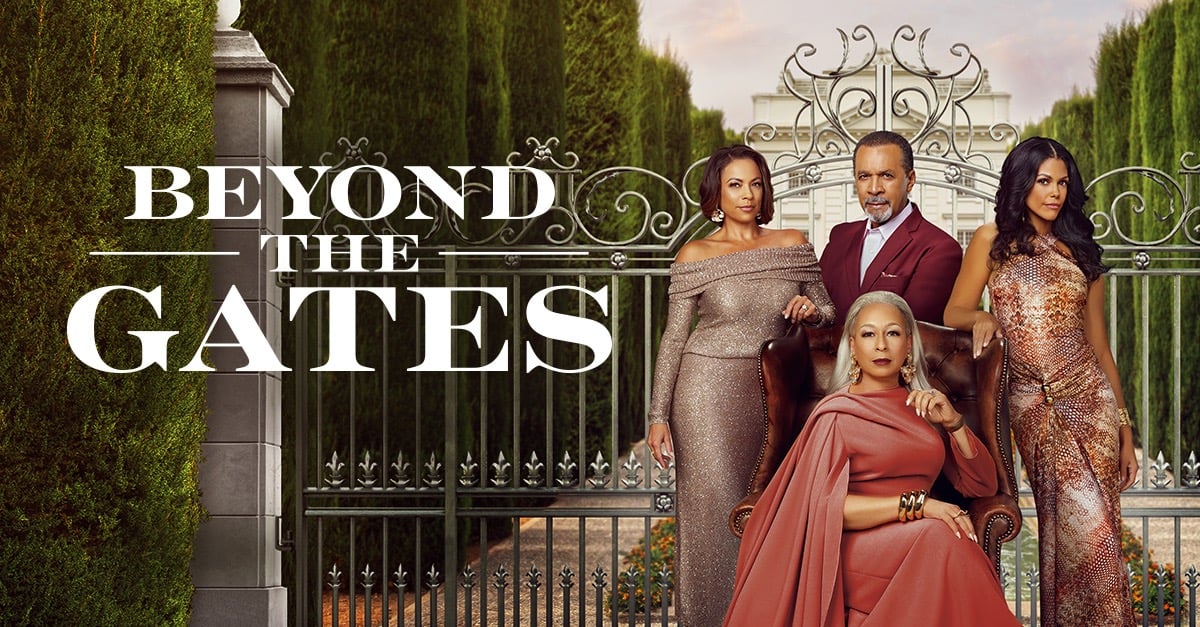“Behind The Gates” Underscores the Importance of Black Representation in Daytime Television
FEATURED ARTICLES
9/4/20252 min read


“Behind The Gates” Underscores the Importance of Black Representation in Daytime Television
By Sean Henderson
Historic soap opera Beyond the Gates recently celebrated filming its first 200 episode season. Not only has it been renewed for a second season, but the episode count for season 2 has been raised to 238 episodes. This is a complete win for Black representation in genre rarely known for giving Black characters anything to do aside from being props for other characters.
Why is this important?
For decades, Black representation on television has often been reduced to tired stereotypes—caricatures shaped by narrow imagination and limited cultural insight. With rare exceptions like The Cosby Show, A Different World, and Julia, the complexity and richness of Black life have largely been ignored, especially in the soap opera genre.
In the 1990s, there was a glimmer of hope when Generations emerged as a soap opera centered around a Black family. It was hailed as a breakthrough, finally offering representation in a space that had long excluded us. But even that effort missed the mark. The show couldn’t envision a powerful, wealthy Black family outside the confines of a humble ice cream shop. The central conflict? Two Black men feuding over that shop while the women slapped and punched each other like reality show stereotypes. It felt reductive and sadly familiar.
Behind The Gates changes all of that.
This CBS soap doesn’t rely on recycled tropes of long-lost drug-addict parents, petty thief uncles, or characters fresh out of prison after a drug-dealing past. These lazy narratives have dominated how Hollywood portrays Black Americans, perpetuating a distorted version of our reality. But Behind The Gates dares to show something different—and far more truthful.
It presents authentic Black love, genuine family bonds, strong support systems, and unapologetic Black success. These aren’t fantasy elements—they reflect a reality that’s often ignored. There is more Black wealth in America than many realize, and that wealth has deep historical roots dating back to the 1800s. Black opulence, power, and excellence are not new, and Behind The Gates treats them with the respect and nuance they deserve.
More importantly, the drama in Behind The Gates is rooted in human experience, not racial cliché. It explores family tension, romantic entanglements, mental health struggles, and revenge—all universal themes that don’t need to be filtered through a lens of stereotype to be compelling.
Representation matters. There’s a well-known saying: “You can’t be what you can’t see.” Success, love, and the ability to thrive often begin with visibility. When the media fails to reflect the truth of our stories, it limits the imagination of what’s possible.
Fiction often inspires reality. And when Black viewers see themselves represented in all their complexity, power, and humanity, it opens the door for broader possibilities—not just on screen, but in real life.
Behind The Gates isn’t just a soap opera—it’s a statement. And in a landscape where authentic Black storytelling is still too rare, it’s a necessary one.
